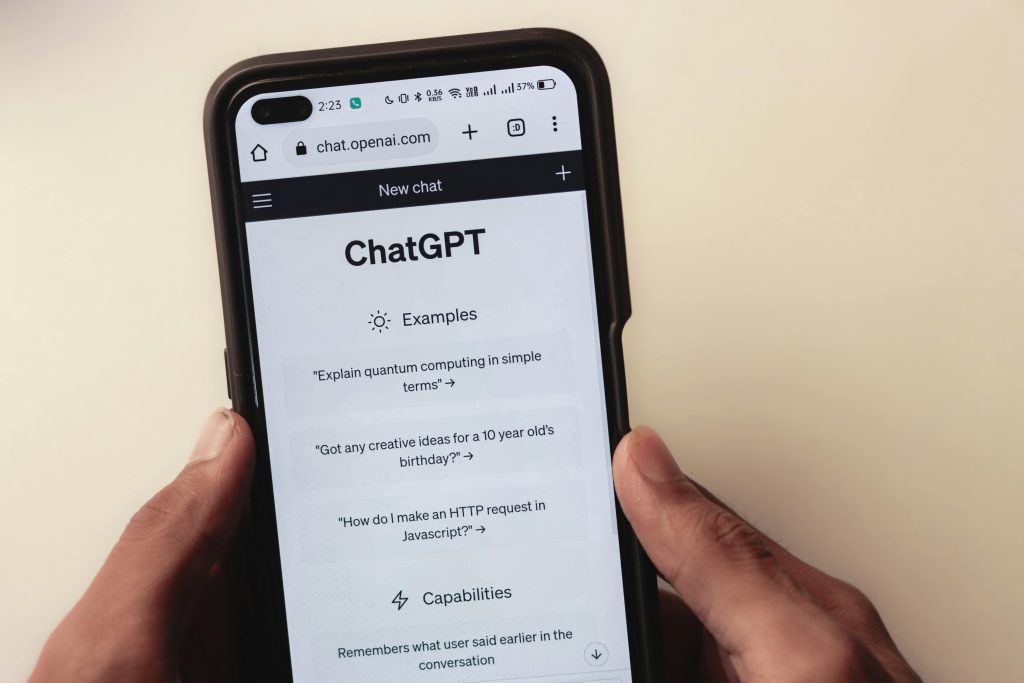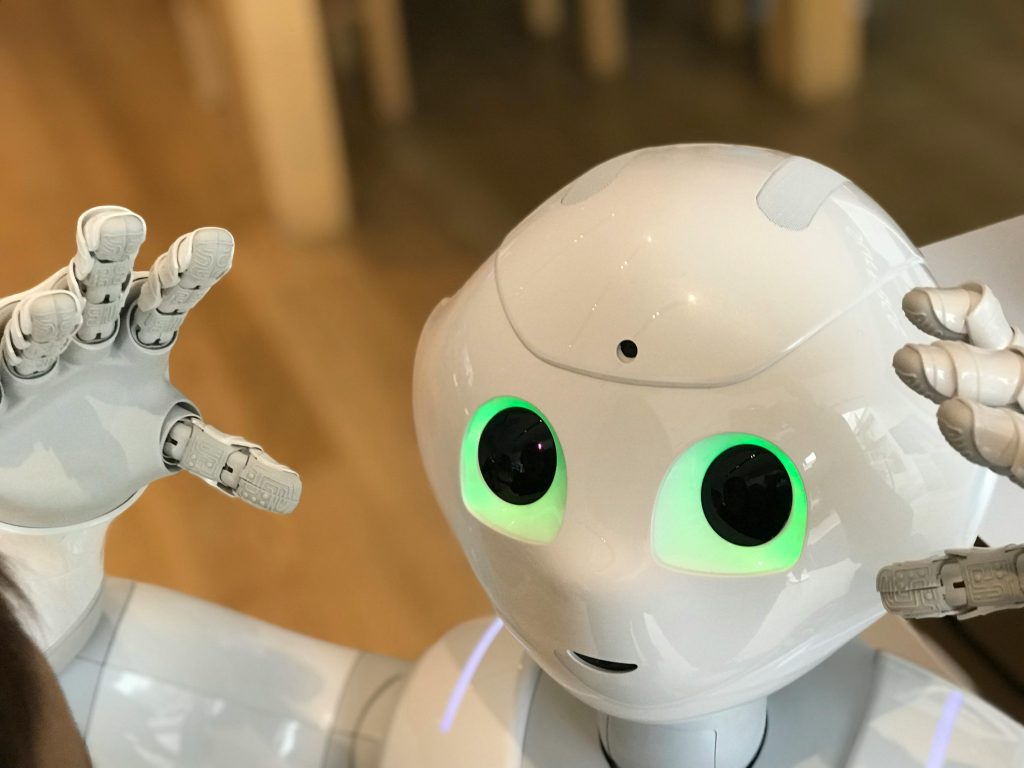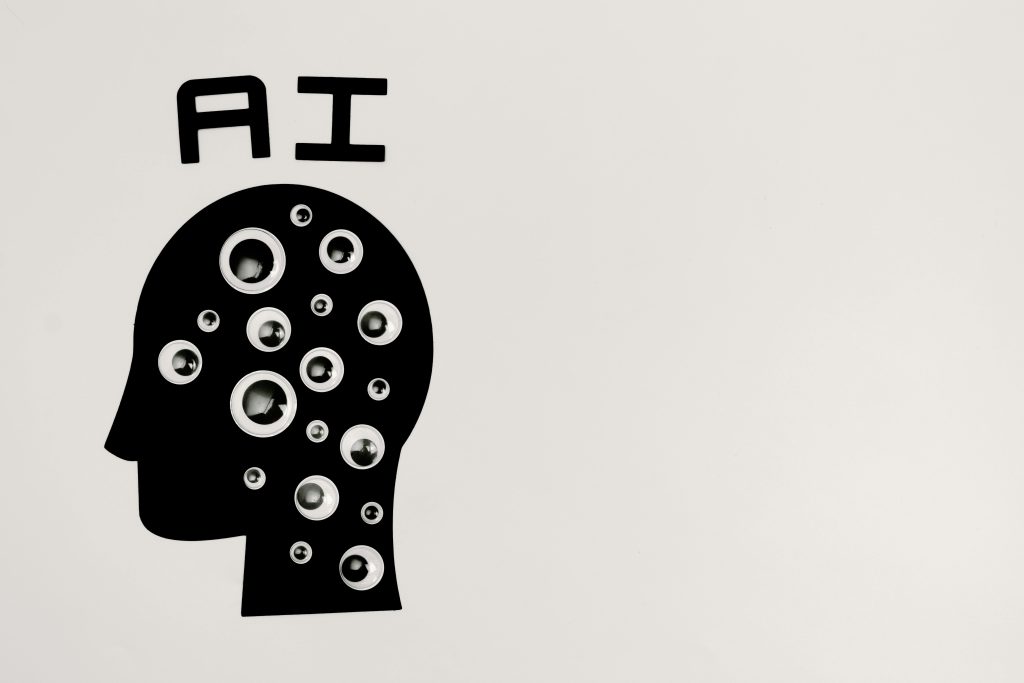Most people associate Generative AI with ChatGPT, DALL·E, or other content-creating tools. But in the enterprise world, generative AI is becoming a strategic powerhouse—transforming how businesses operate beyond just marketing or design.
From auto-generating legal contracts, data summaries, and financial reports to producing synthetic training data, generative AI is being integrated into core enterprise systems. In software engineering, tools like GitHub Copilot help developers write code faster. In HR, generative models assist in crafting job descriptions or employee feedback.
In product development, AI can simulate product models, prototype designs, or test UI/UX flows. This accelerates innovation cycles while reducing costs. It’s also a game-changer in customer service—AI agents now provide more natural responses, learning from past conversations in real-time.
For businesses to benefit fully, integration is key. That means connecting generative AI tools with CRM, ERP, and custom enterprise workflows. Security and data privacy are major concerns too. Enterprises must build guardrails to ensure responsible use—especially with proprietary or sensitive data.
The potential is huge, but success depends on strategy: choosing the right tools, training teams, and ensuring AI augments—not replaces—human talent.
Generative AI isn’t just a novelty—it’s shaping the future of enterprise productivity.



